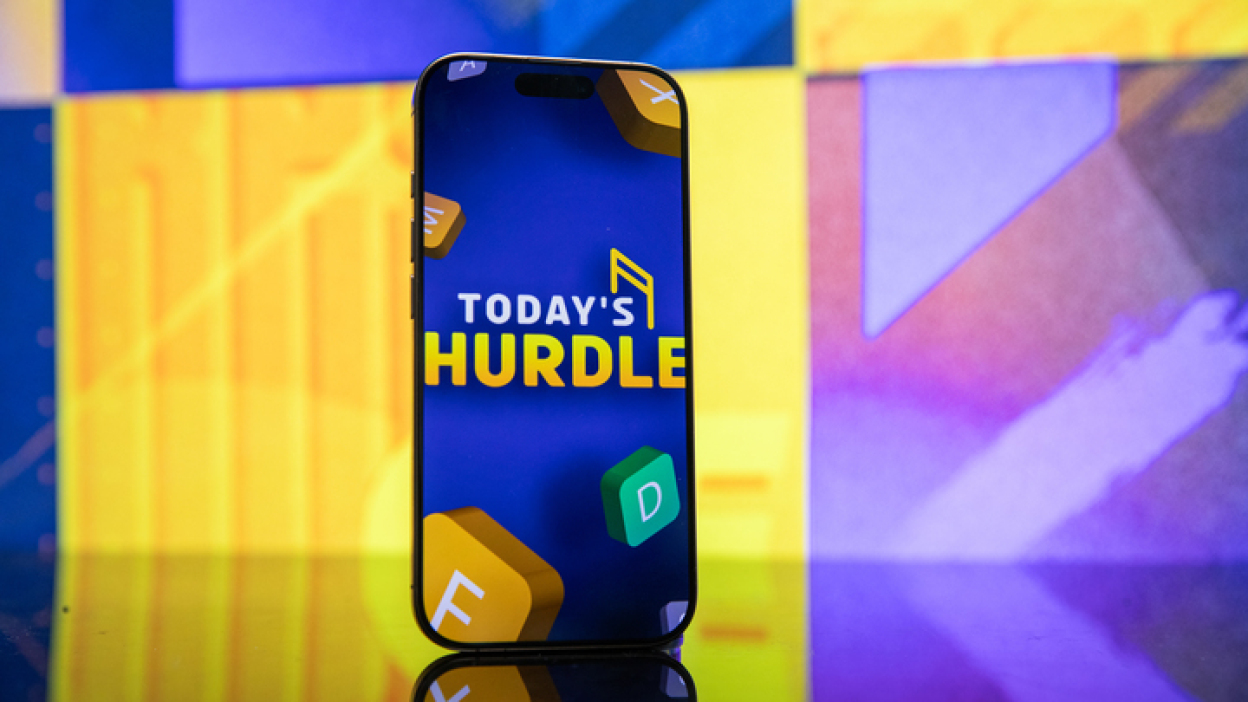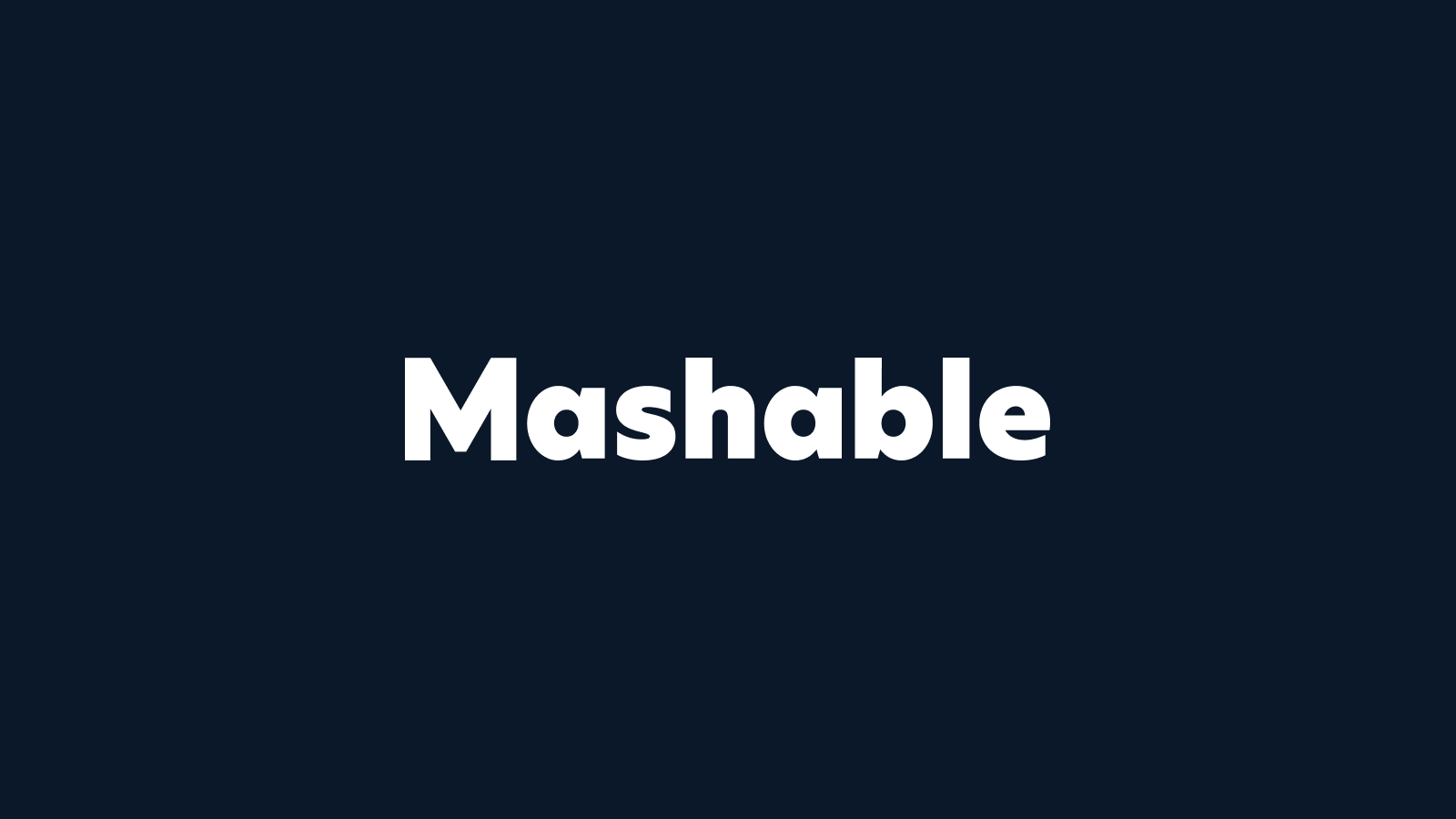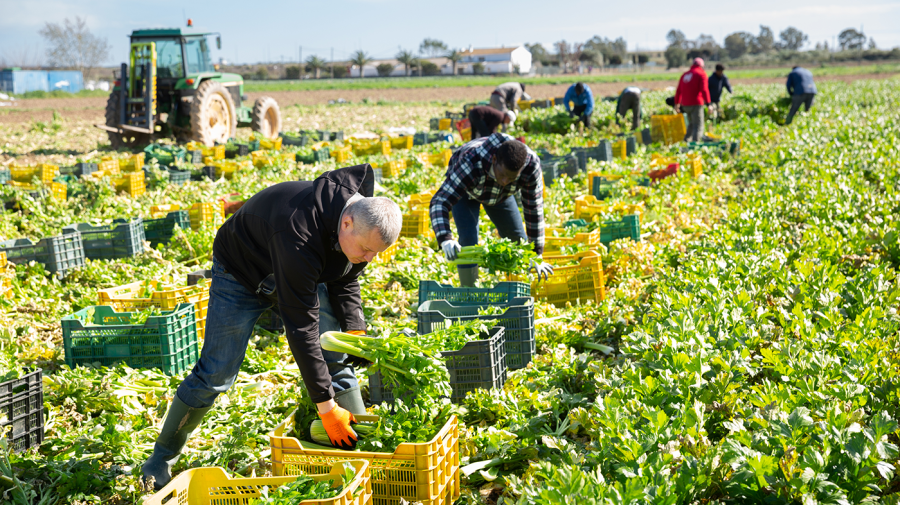

Social media users seem to be getting sick and tired of AI-generated content on their favorite platforms. And the backlash against AI-created content, or "AI slop" as it's often referred to, is growing.
The big social media platforms appear to have noticed this anti-AI sentiment. Last month, for example, Pinterest launched a new feature that completely filters out AI content if users choose to do so.
Now, TikTok just announced that it is soon launching its own tools to help its users spot AI-generated content and see less of it if they choose to do so.
You May Also Like
According to TikTok, the company is currently testing out a new content control in the "Manage topics" feature that will allow users to specifically adjust how much AI-generated content they see on the platform.
The "Manage topics" feature already gives users the ability to tell TikTok's algorithm what type of content they want to see in the For Your feeds as it pertains to a specific content category like "Current Affairs," "Health & Fitness," or "Fashion & Beauty." The AI-generated content topic control is different then all those as it appears to be the first that spans all of TikTok's topic categories and explicitly deals with how the content is created.
TikTok makes it pretty clear in its announcement that the company itself isn't anti-AI, saying it "believes AI can transform how people share their creativity, discover new passions, and stay safe on our platform, when used transparently and responsibly" and that it "invests in AI-powered experiences that create value for our community."
However, the company also stresses multiple times that it's important to be transparent to users.
To aid in that transparency, TikTok is also testing an "invisible watermarking" solution to help bolster its current AI label policies. TikTok says this "invisible watermark" will help "add another layer of safeguards to our current AI-generated content transparency measures."
In addition to that, TikTok is also launching a new $2 million AI literacy fund and joining the non-profit Partnership on AI, which studies and develops best practices for ethical AI.
TikTok's AI content controls announcement may just open the floodgates for other social media platforms to filter out AI-generated content for users who choose to do so. In fact, the question may not be will they do it but which platform is next to do it?









